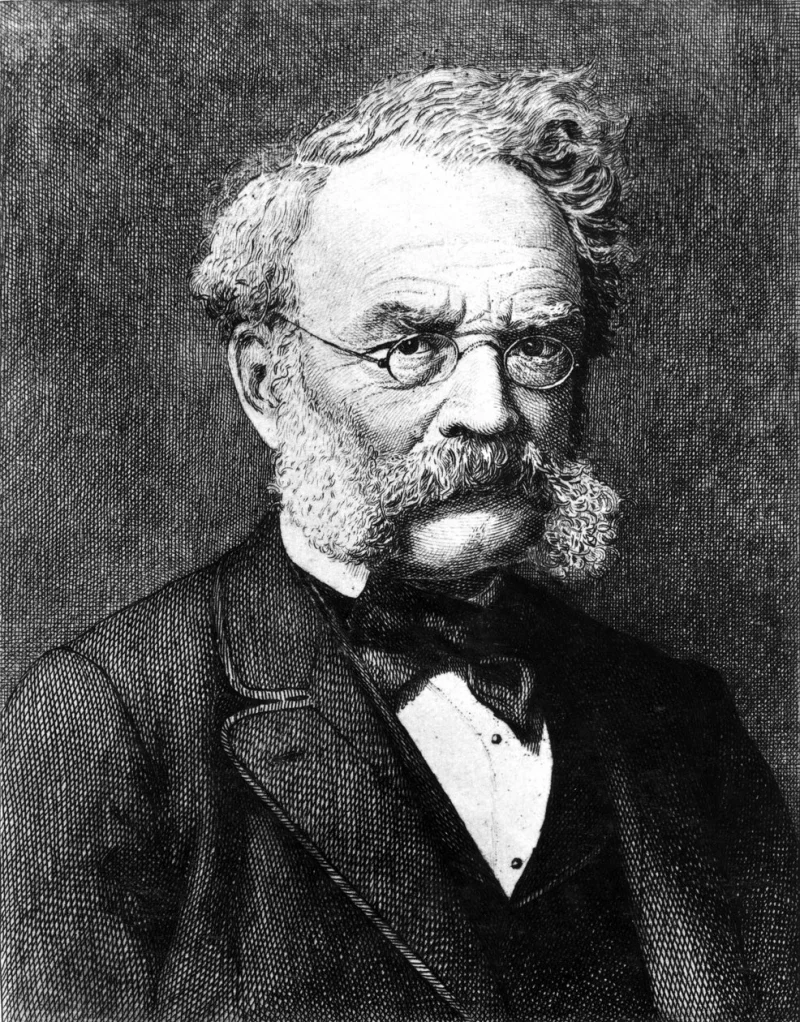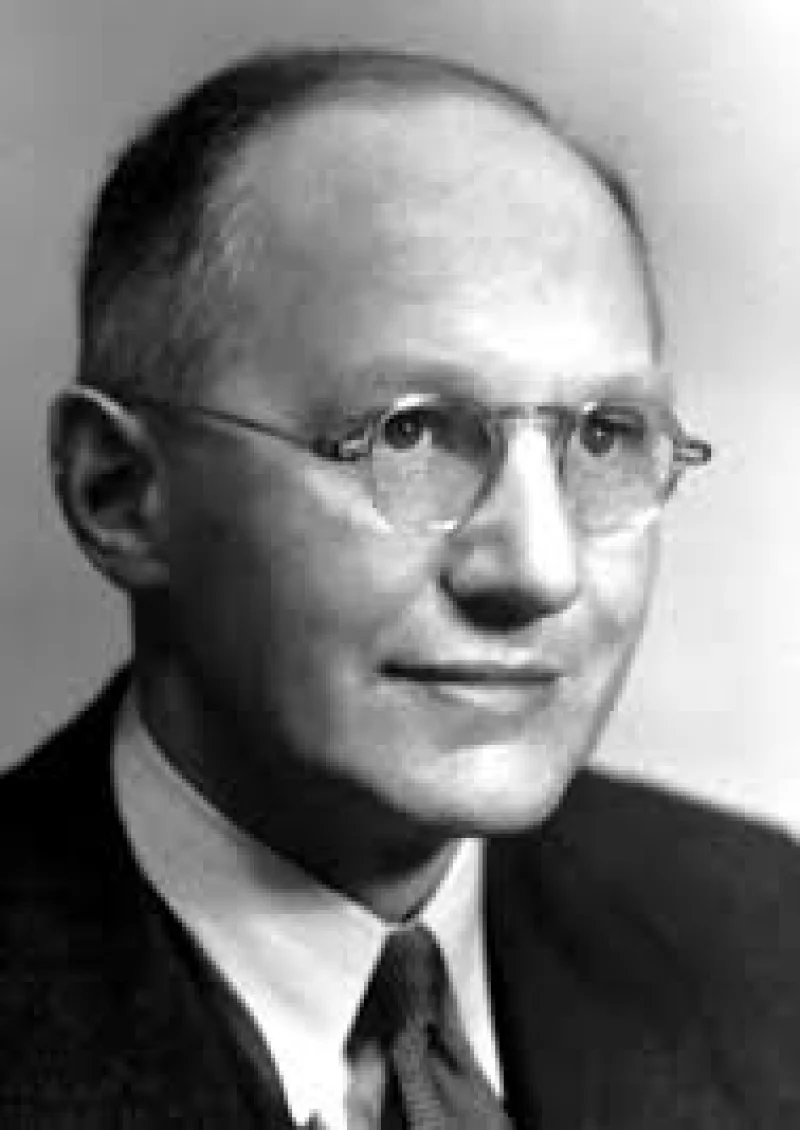Short Summary
Thomas Hunt Morgan was an American evolutionary biologist, geneticist, and embryologist who is most famous for his pioneering work in the field of genetics. He discovered the role of chromosomes in heredity, which earned him the Nobel Prize in Physiology or Medicine in 1933. Morgan's experiments with fruit flies (Drosophila melanogaster) provided key evidence for the chromosome theory of inheritance. His work laid the foundation for modern genetics and revolutionized our understanding of how traits are passed from one generation to the next.
Early Life & Education
Thomas Hunt Morgan was born on September 25, 1866, in Lexington, Kentucky, into a prominent Southern family. His early education was influenced by his interest in natural history, which was nurtured by his father and his uncle, both of whom were avid collectors of artifacts and specimens. Morgan attended the University of Kentucky, where he earned a Bachelor of Science degree in 1886. He then pursued graduate studies at Johns Hopkins University, earning a Ph.D. in 1890 under the mentorship of the renowned biologist William Keith Brooks. Morgan's early interest in embryology and evolution would shape his future research in genetics.
Career Highlights
Thomas Hunt Morgan began his academic career as an instructor at Bryn Mawr College, where he taught from 1891 to 1904. In 1904, he joined Columbia University as a professor of experimental zoology. It was at Columbia that Morgan conducted his groundbreaking work with fruit flies, which led to his discovery of sex-linked inheritance and the concept of genetic linkage. In 1928, he became a professor of biology at the California Institute of Technology, where he continued his research and influenced a new generation of geneticists. Morgan's work at these institutions significantly advanced the field of genetics and inspired future scientific exploration.
Major Achievements
- Developed the chromosome theory of inheritance: Demonstrated that genes are located on chromosomes.
- Discovered sex-linked inheritance: Proved that certain traits are linked to sex chromosomes.
- Established the concept of genetic linkage: Showed that genes on the same chromosome tend to be inherited together.
- Won the Nobel Prize in Physiology or Medicine in 1933: Recognized for his discoveries elucidating the role of chromosomes in heredity.
Famous Quotes
- "The biology of today is the physics of tomorrow."
- "Natural selection is a mechanism for generating an exceedingly high degree of improbability."
Interesting Facts
- Morgan's father was a Confederate officer during the American Civil War.
- He initially rejected the chromosomal theory of inheritance before his own research proved its validity.
- The fruit fly, Drosophila melanogaster, became a model organism for genetic research because of Morgan's work.
- Morgan was the first geneticist to receive a Nobel Prize.
Legacy / Influence
Thomas Hunt Morgan's work profoundly impacted the field of genetics, leading to the development of modern genetic research and biotechnology. His discoveries regarding chromosomes and inheritance patterns laid the groundwork for advancements in medical genetics and genomics. Morgan's influence extended to his students, many of whom became prominent geneticists, further expanding the scope of genetic research and its applications in medicine and agriculture.
FAQ
Q: Why is Thomas Hunt Morgan famous?
A: He is famous for his discovery of the role of chromosomes in heredity and his pioneering work in genetics.
Q: What organism did Morgan use in his genetic experiments?
A: He used the fruit fly, Drosophila melanogaster, as a model organism.
Q: What prestigious award did Morgan receive for his scientific contributions?
A: He received the Nobel Prize in Physiology or Medicine in 1933.












